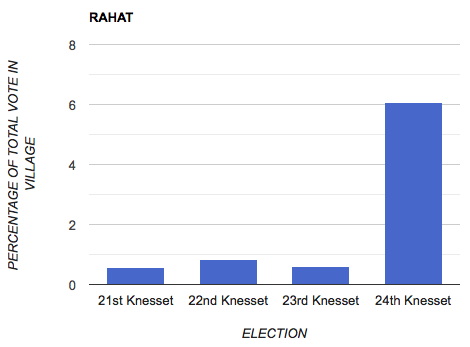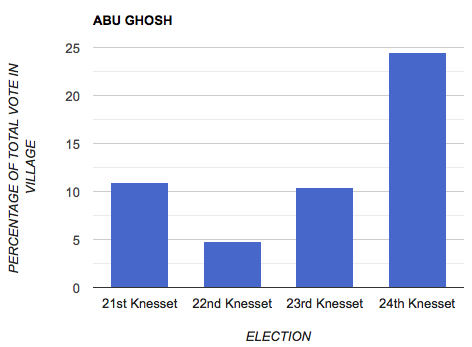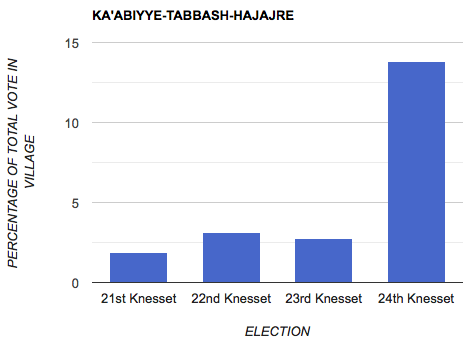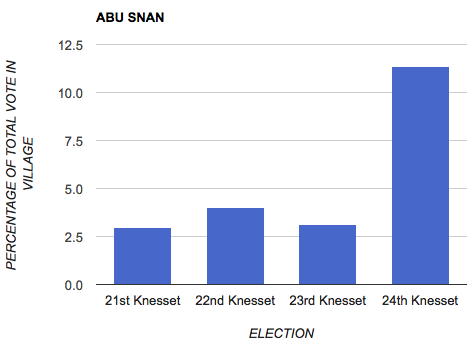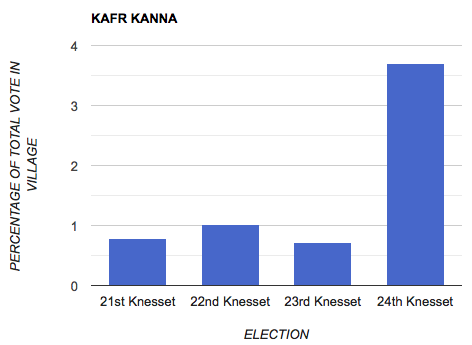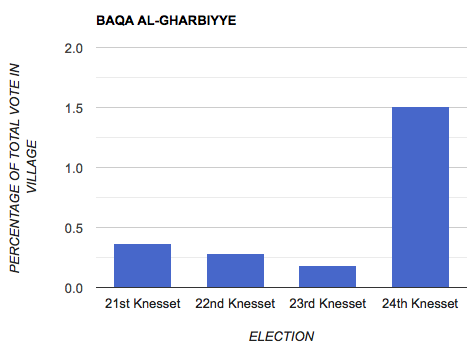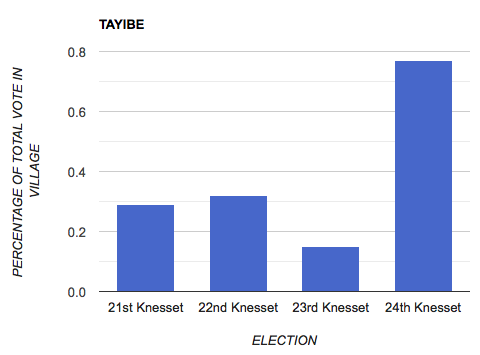Interfering in the Israeli elections has been popular among presidential
administrations in the US for a while now.
He writes that in 1992, President H. W. Bush made the approval of $10 billion
in US loan guarantees to Israel conditional on a complete moratorium on
settlements. The Bush administration even went a step further:
In his book,
The Missing Peace: The Inside Story of the Fight for Middle East Peace,
former American chief negotiator Dennis Ross wrote that Bush’s Secretary of
State James Baker explicitly urged Arab leaders to keep the post-Madrid
negotiation process alive in order to bolster the Israeli peace camp in the
upcoming elections.
In 1996, after Shimon Peres succeeded Yitzchak Rabin following his
assassination in 1995, Bill Clinton attempted to influence the contest between
Peres and Netanyahu.
However, having spoken at Rabin’s funeral in November 1995,
Clinton in March 1996 hosted a so-called “summit of the peacemakers” in
Egypt with regional leaders including Peres
— who had taken over as prime minister after the assassination — Egypt’s Hosni
Mubarak, Jordan’s King Hussein and Palestinian leader Yasser Arafat.
Clinton then visited Israel, which was being battered by a wave of
Palestinian suicide bombings. In April, he hosted Peres at the White House, where the two signed a
joint declaration on combating terrorism.
It made no difference. Netanyahu squeaked out a narrow win.
Years later, in 2016 during Obama's second term, a US Senate inquiry revealed
that State Department funds in the amount of $350,000 had been used indirectly
in order to organize election campaign efforts intended
to defeat Netanyahu in the previous year’s election.
Eldar includesTrump in the list of presidents who tried to influence Israel's
elections. He notes that Trump formally recognized Israel's claim to the Golan
Heights just weeks before the elections.
But Eldar's gripe is not that past presidents have tried to influence Israel's
elections -- instead, he is annoyed that "Trump is the first one that is doing
so without any consideration for the prospects of peace."
It wasn't till later that the novelty of Trump's approach became clearer, that
it might be possible to create a path towards peace by influencing the Arab
countries in Israel's neighborhood.
And now that Abbas has declared that there will be Palestinian Arab elections
in May and July, there seems to be some interest in influencing those
elections as well.
This month, the head of the Political Science Department at a university
in Gaza has an op-ed in Al Jazeera claiming
Foreign interference in the Palestinian elections, with 2 Palestinian officials quoted accusing both Arab and foreign
countries of poring in money in order to influence the elections.
The reason for the elections, to begin with, comes from the US and the
EU.
From the perspective of the Biden administration, which is itching to get back
to the old, familiar 2 state solution formula, now would be a good time to
finally have those long-overdue elections and give the Palestinian government
some legitimacy and jumpstart the peace process. It might help also to provide
some distraction from Abbas's refusal to stop the pay-to-slay program for
terrorists, as the Biden administration plans to renew funding for the PA,
which itself may be counter to the Taylor Force Act. For its part, the EU has
threatened to cut off funding to the PA if they try to cancel the elections.
But pushing for Palestinian elections is a cynical move.
When US presidents have tried to influence Israeli elections, it has been with
a certain dynamic in mind. The goal was to manipulate a government that would
be more receptive to pursuing peace in general and the 2 state solution in
particular. In contrast, there is no interest in any dynamic in the push for
Palestinian elections. Unlike Bush, who used threats to manipulate Israeli
policy on settlements, there is no attempt to force Abbas to stop stipends for
terrorists.
Neither is there even an attempt to get Abbas to commit to peace talks with
Israel.
All that the US (and the EU) are interested in is the aura of legitimacy that
new elections will give what they assume will be a new Abbas regime.
The Arab countries, such as Egypt and Jordan do not share that optimism, are
know that they are the ones who are going to have to deal with the
consequences of such an election.
Egypt's fear is that like last time, the elections are going to include Hamas,
and as a branch of the Muslim Brotherhood, a Hamas victory will strengthen
that group in Egypt at a time when the government there is working to deny the
Brotherhood legitimacy. From Jordan's perspective, a Hamas victory is likely
to have repercussions in Jordan and cause added instability there.
UAE is also trying to have influence. but not for the sake of controlling the
outcome. Instead, the emirates see an opportunity to further solidify their
relations with Israel on the one hand, while ensuring US support on the other.
Just how likely is a Hamas victory?
According to the op-ed, there are internal divisions and potentials defections
within Fatah, making the re-election of Abbas less than a sure thing, and
making the threat of a Hamas victory a possibility. One name mentioned as
a challenger to Abbas is Marwan Barghouti, the Fatah leader serving multiple
life sentences in an Israeli prison. Neither is there a consensus about the
Fatah candidates for the Legislative Council.
Considering the original error of allowing Hamas to participate in the 2006
elections, -- leading to their victory in Gaza and the bloody coup that led to
the ouster of Abbas and Fatah from the area -- one has to wonder about the
wisdom of those elections at this time.
Even granted that the Biden administration is eager to return to the pursuit
of a 2 state solution instead of supporting the Abraham Accords, is it worth
risking the instability that will result from a Hamas win?

 Elder of Ziyon
Elder of Ziyon














